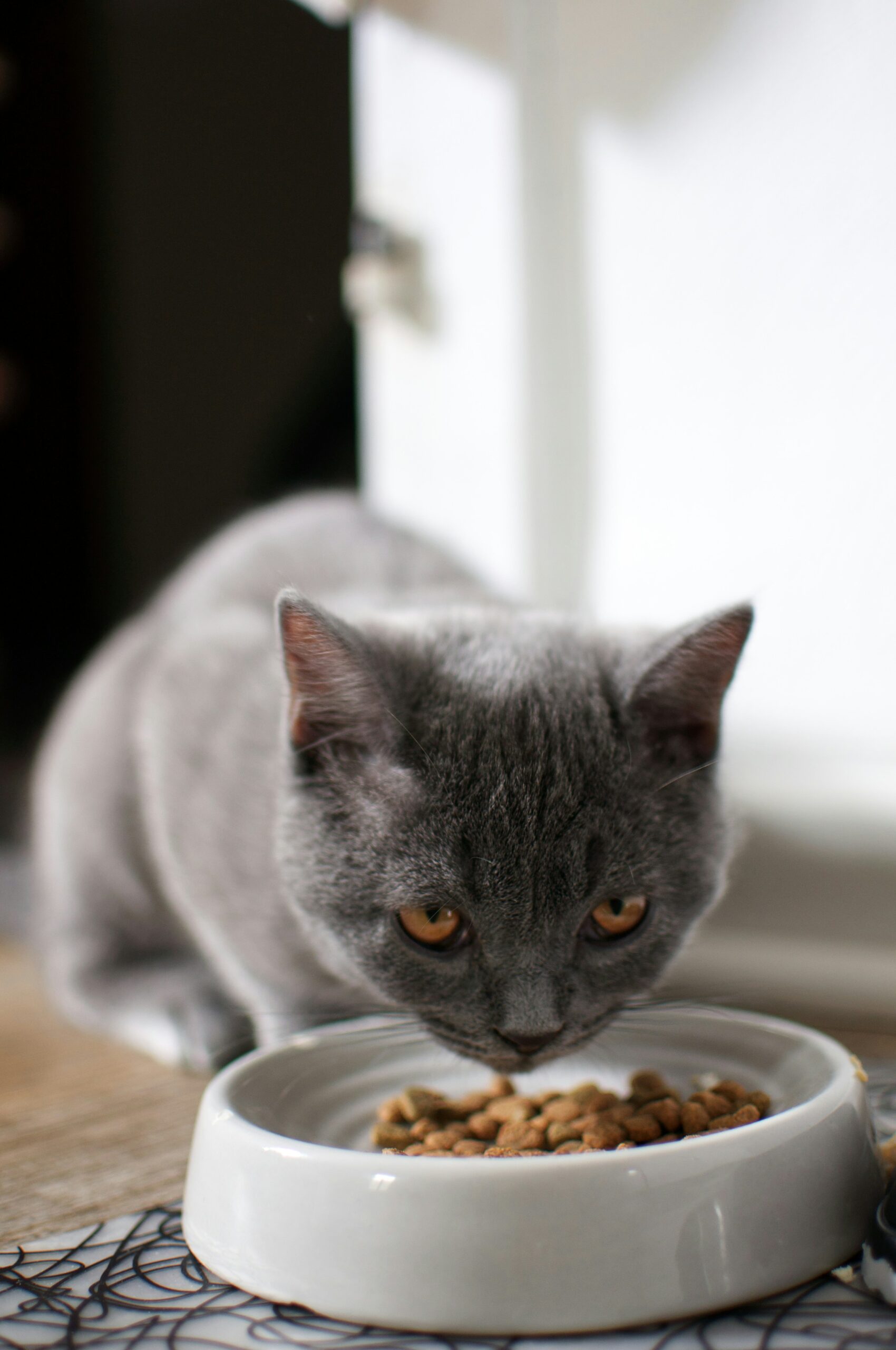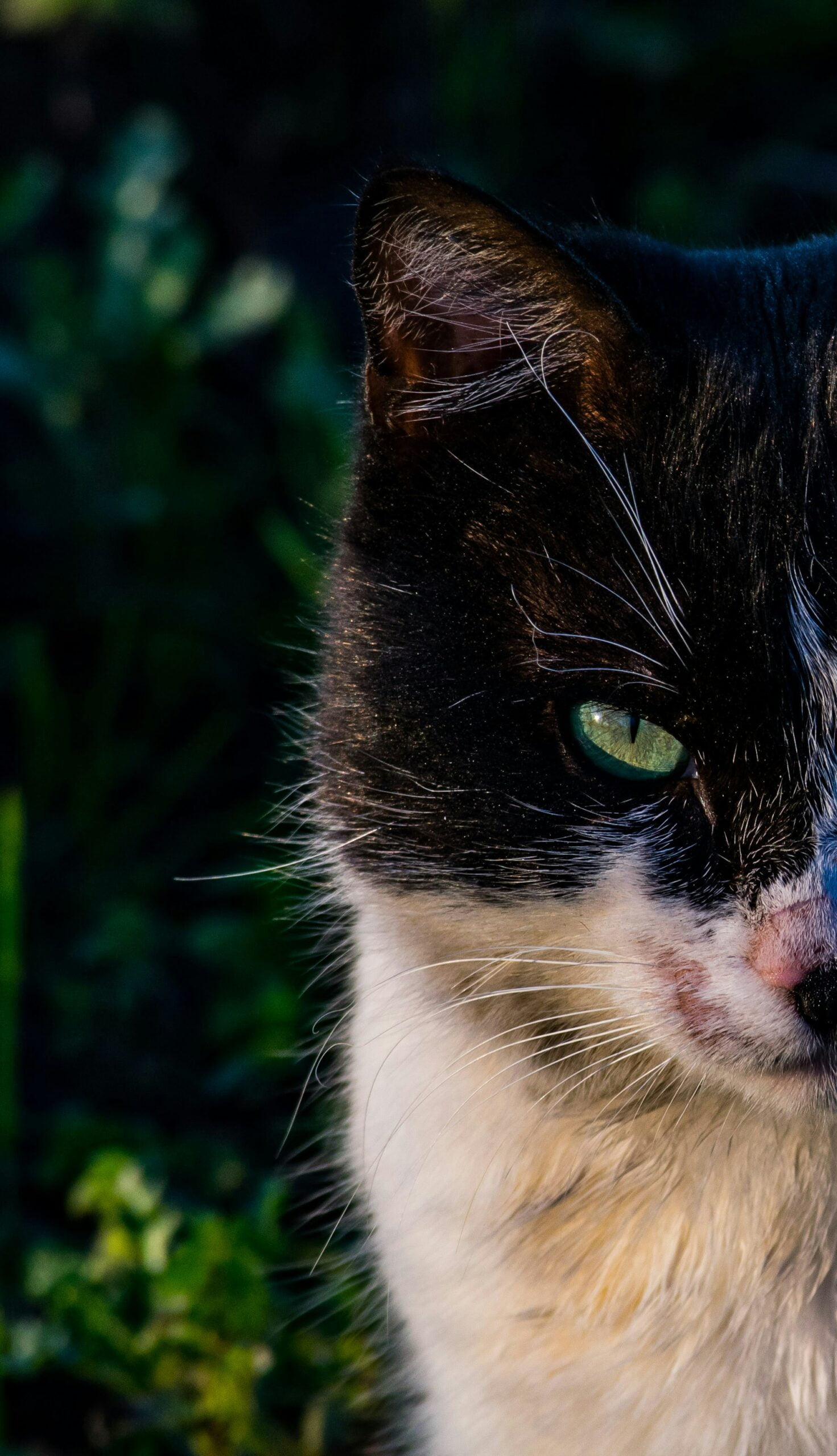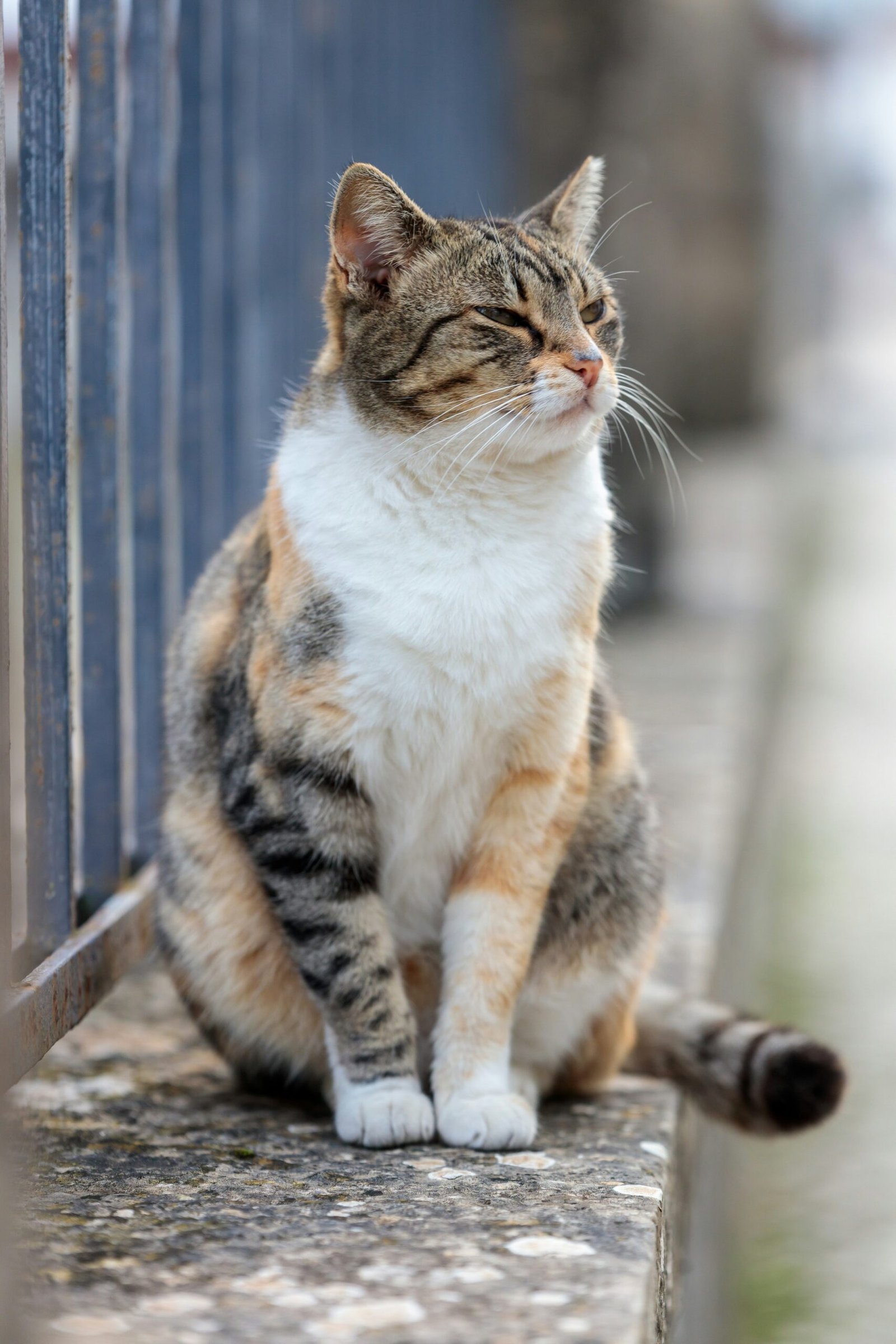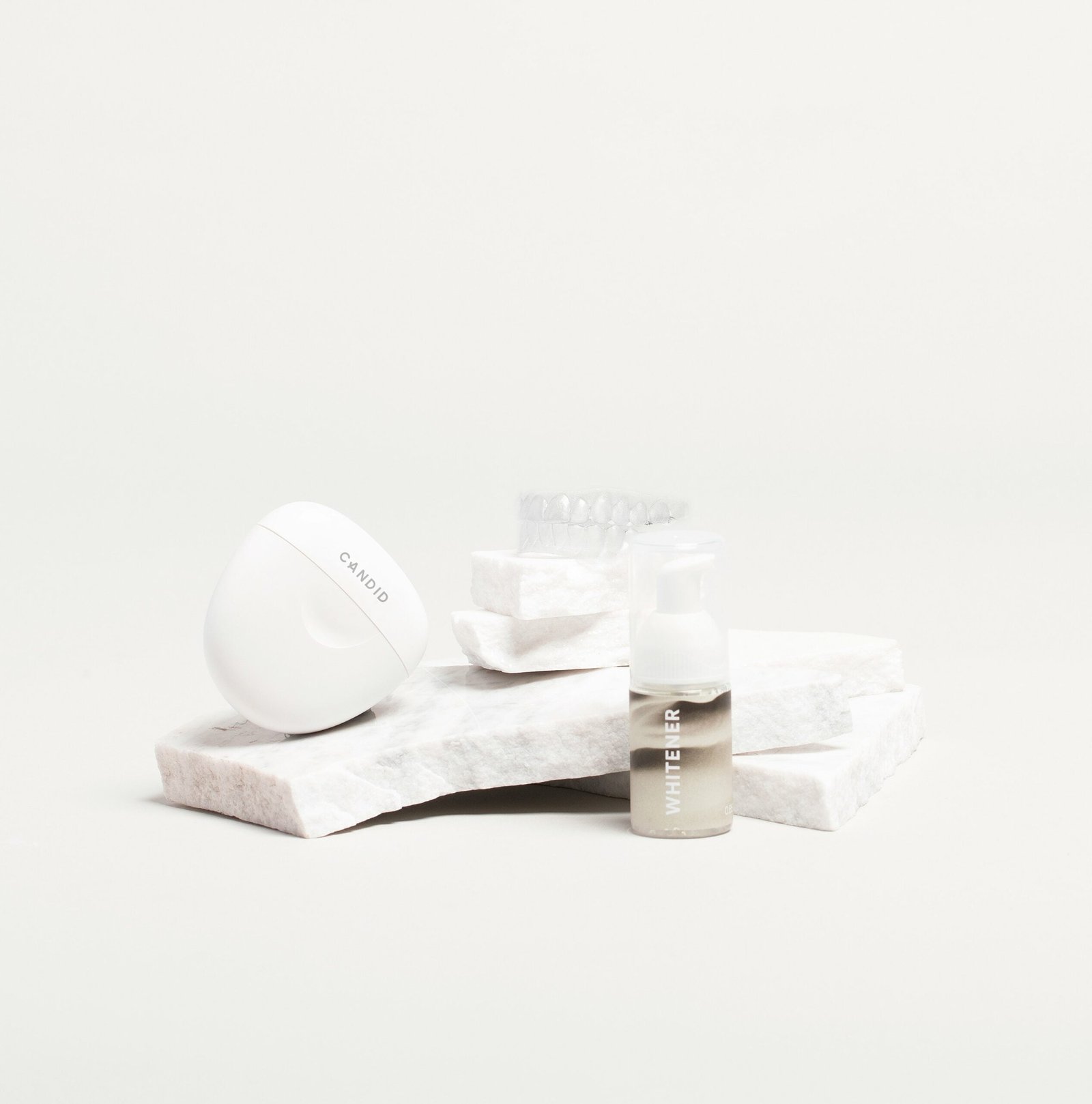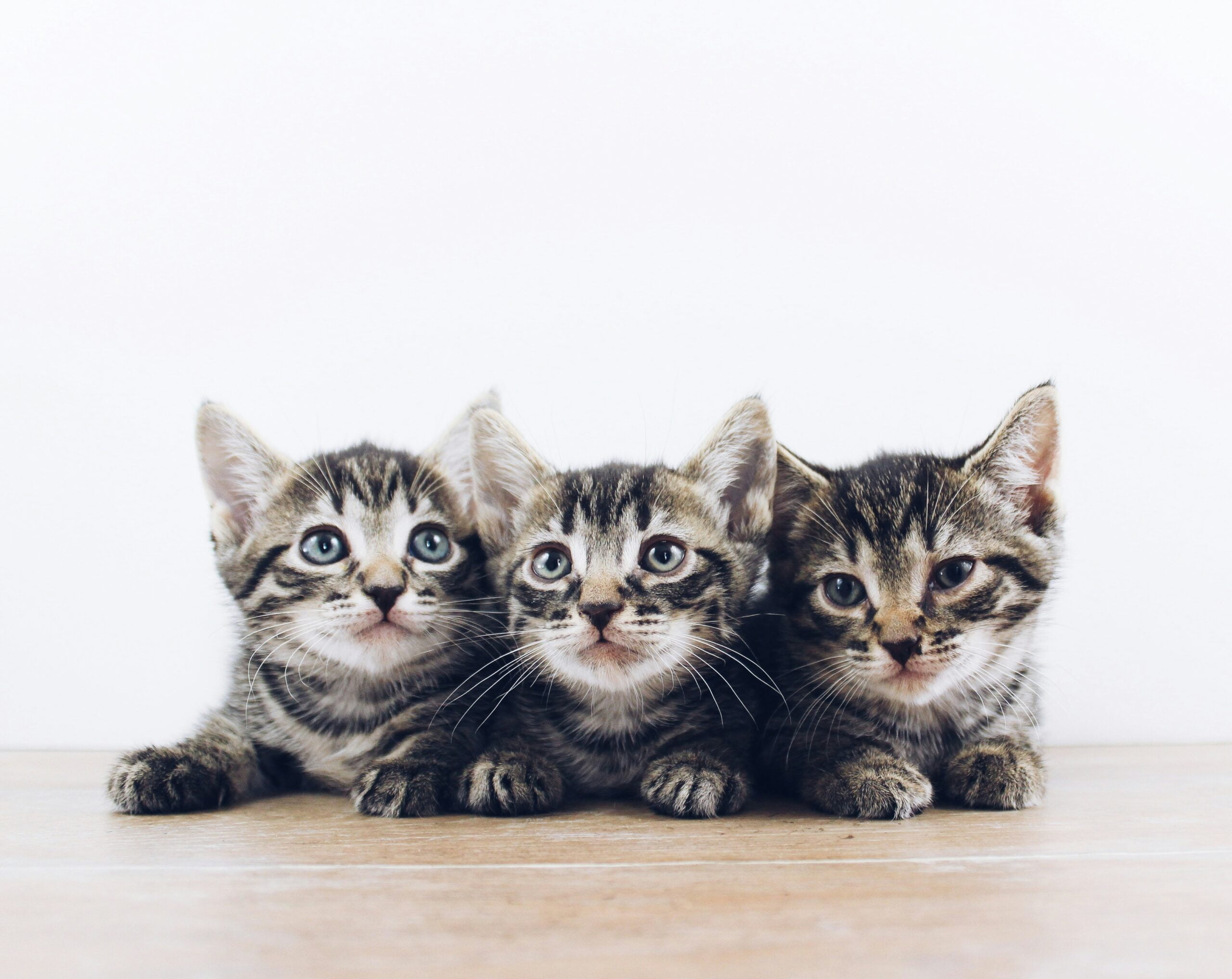
When it comes to our feline friends, their diet is of utmost importance to keep them healthy and happy. As cat owners, we often wonder if we can share some of our favorite snacks with our pets. One common query that arises is, “Can cats eat tortilla chips?” In this comprehensive guide, we’ll explore the world of tortilla chips and whether they are safe for cats.
Can Cats Eat Tortilla Chips?
Tortilla chips are a popular snack among humans, but can cats enjoy this crispy treat? While cats can technically eat tortilla chips, it’s best to avoid giving them as a regular treat. These chips are typically high in salt and fat, which can be detrimental to your feline friend’s health. Excessive consumption of salt and fat can lead to various health issues in cats, including dehydration, digestive problems, and even obesity.
Cats have specific dietary requirements, and their primary source of nutrition should come from high-quality cat food that meets their nutritional needs. Giving your cat tortilla chips should be a rare occurrence, and even then, it should be in very small quantities. It’s important to ensure that the chips are plain, unsalted, and not flavored, as some seasonings and ingredients used in flavored chips can be toxic to cats.
In general, it’s best to prioritize a well-balanced cat diet and avoid sharing your human snacks, like tortilla chips, with your feline companion. Always consult with your veterinarian for specific dietary recommendations for your cat’s health and well-being.
Understanding Tortilla Chips
Tortilla chips are a popular human snack made from corn tortillas. They are often fried to achieve that delightful crunch and are commonly enjoyed with various dips and salsas. While these chips are a beloved treat for many people, it’s essential to consider whether they are suitable for our furry companions.
Are Tortilla Chips Safe for Cats?
While tortilla chips may not be inherently toxic to cats, they come with several caveats. Cats are obligate carnivores, meaning their bodies are designed to thrive on a diet primarily composed of meat. Tortilla chips are far from a meat-based food, and they can be detrimental to your cat’s well-being if consumed in excessive amounts.
The High Salt Content
One of the primary concerns with tortilla chips is their high salt content. Salt, in excess, can lead to severe health issues in cats, such as dehydration and kidney problems. Therefore, feeding your cat chips with added salt is strongly discouraged.
The High Fat Content
In addition to salt, tortilla chips are often laden with unhealthy fats. These fats can contribute to obesity in cats and lead to related health concerns. It’s crucial to be mindful of the fat content in any human food offered to your feline friend.
Flavorings and Seasonings
Tortilla chips can come in various flavors and may contain seasonings and spices. Some flavorings, like onion and garlic, are toxic to cats and should be strictly avoided. Always check the ingredients and opt for plain, unsalted tortilla chips if you choose to share them with your cat.
How Much is Too Much?
While giving your cat an occasional tiny piece of plain tortilla chip is unlikely to cause harm, it’s important to exercise caution. A small, infrequent nibble is a far cry from allowing your cat to indulge in a bag of chips. Remember, the key is moderation and ensuring that any treat is just a small part of your cat’s overall diet.
10 Human Foods That Can Harm Your Cat
As devoted cat owners, we often find it hard to resist those pleading feline eyes when they gaze longingly at our meals. While it’s tempting to share a morsel with your beloved kitty, it’s essential to be aware that not all human foods are safe for cats. Some can be not only harmful but even poisonous.
1. Onions and Chives
While you may think a small amount of onions and chives couldn’t harm your cat, you’d be gravely mistaken. Even tiny quantities of these culinary staples can damage your cat’s red blood cells, leading to anemia. To keep your feline friend healthy, it’s imperative to avoid these ingredients altogether.
2. Dairy
The image of a cat sipping on a bowl of milk is a classic one, but it’s time to dispel this myth. As cats grow into adulthood, their digestive systems become less tolerant of milk products. While a few licks of milk every now and then might not cause harm, it’s best not to make it a regular part of their diet. Adult cats should not be fed milk, especially milk from another species, as an everyday meal.
3. Chocolate
As delightful as that Cadbury bar may be for you, it’s a strict no-no for your kitty. Chocolate contains theobromine, a compound that is highly toxic to both cats and dogs. Fortunately, cats don’t have a sweet tooth, so they are unlikely to be interested in chocolate. But it’s essential to ensure that it’s out of their reach.
4. Caffeine
Caffeine, similar to chocolate, can be lethally poisonous to cats. Even the smallest dose of caffeine from tea, coffee, soda, or any other caffeinated source can lead to vomiting, hypertension, seizures, an elevated heart rate, or even death. It’s paramount to keep caffeinated beverages away from your feline companion.
5. Grapes and Raisins
Both grapes and raisins contain an unknown toxin that can lead to sudden kidney failure in cats. To safeguard your cat’s health, it’s essential to exclude these fruits from their diet entirely.
6. Avocados
While avocados are a delicious and versatile food for humans, they can cause vomiting and diarrhea in cats. These symptoms can be distressing for your pet, so it’s best to keep avocados off the menu when it comes to your feline friend.
7. Raw Meat
While cooked meat is generally safe for your cat, raw meat can cause food poisoning, just as it does in humans. It’s essential to remember that your cat’s digestive system might not handle raw meat as well as you’d expect. Opt for cooked meat to ensure your cat’s safety and well-being.
8. Yeast Dough
Unbaked bread dough is highly toxic to cats. The warmth and moisture in their stomach can cause the dough to expand, leading to gastric-dilatation volvulus (GDV), commonly known as a “twisted stomach.” This is a serious and potentially life-threatening condition that can be avoided by keeping yeast dough out of your cat’s reach.
9. Macadamia Nuts
It’s best to keep macadamia nuts far away from your cat. These nuts can lead to symptoms such as lethargy, vomiting, hyperthermia, and tremors in cats. Be cautious, as other types of nuts, like walnuts, can also be toxic to felines.
10. Salty Foods
As much as your cat may want to indulge in salty snacks like chips, pretzels, and popcorn, it’s essential to prevent them from doing so. These foods can cause a range of health issues, including vomiting, diarrhea, depression, seizures, elevated body temperature, and even death. The allure of these snacks is not worth the risks to your cat’s health.
Conclusion: Can Cats Eat Tortilla Chips?
In conclusion, when it comes to the question “Can cats eat tortilla chips?” it’s best to err on the side of caution. While a small taste of plain, unsalted tortilla chip is unlikely to harm your cat, it’s far from an ideal treat for them. The high salt and fat content can lead to health issues, and some flavorings can be toxic. Instead, focus on providing your cat with a well-balanced, feline-friendly diet to keep them in optimal health.
Always consult your veterinarian if you have concerns about your cat’s diet or specific dietary restrictions. Your vet can provide guidance on what treats are safe and appropriate for your beloved feline companion.
Your cat’s health and well-being should always be a top priority. By avoiding these ten harmful human foods, you can ensure that your feline companion leads a happy and healthy life. If, by any chance, your cat consumes any of these foods and exhibits signs such as weakness, vomiting, diarrhea, seizures, restlessness, or a distended stomach, it is imperative to seek immediate veterinary care to prevent these symptoms from worsening. Remember, a little knowledge and vigilance go a long way in keeping your furry friend safe and content.
Related Questions on Can Cats Eat Tortilla Chips
Are Corn Chips Safe for Cats?
Corn chips, similar to tortilla chips, are not considered safe for cats. They are often high in salt and fat, which can lead to health issues in felines. Excessive salt intake can cause dehydration and kidney problems, and the high-fat content can contribute to obesity. Therefore, it’s advisable to avoid feeding corn chips to your cat.
Why Does My Cat Like Tortilla Chips?
Cats may be attracted to tortilla chips for several reasons. These chips can have a salty flavor that some cats find appealing. Additionally, the crunchy texture of tortilla chips can be enticing to cats, as it mimics the sensation of eating small prey. However, it’s essential to remember that while your cat may show interest in tortilla chips, it’s not an indication that they are a suitable or healthy snack for your pet.
Is Corn Chips Safe for Cats?
As mentioned earlier, corn chips are not safe for cats due to their high salt and fat content. These snacks can lead to various health problems if consumed in excess. It’s best to prioritize your cat’s well-being and avoid offering corn chips as a treat.
Can My Cat Eat Tortilla?
Plain tortillas in moderation are generally safe for cats, as long as they are plain and free from added salt, seasonings, or flavorings. Some cat owners may offer small pieces of plain tortilla as an occasional treat, but it’s essential to ensure it’s not a significant part of your cat’s diet. Always exercise caution and prioritize a balanced, feline-friendly diet.
Is My Cat Eating Tortilla Chips Bad?
If your cat consumes a small piece of tortilla chip occasionally, it is unlikely to cause harm. However, regularly allowing your cat to eat tortilla chips, especially those with added salt or seasonings, is not recommended. High salt and fat content can lead to health issues in cats. It’s best to focus on providing a diet that meets your cat’s nutritional needs and consulting your veterinarian for dietary guidance.
Remember, while cats may show interest in various human foods, not all are suitable or safe for their consumption. Prioritizing your cat’s health and well-being by providing a balanced and cat-specific diet is essential.

